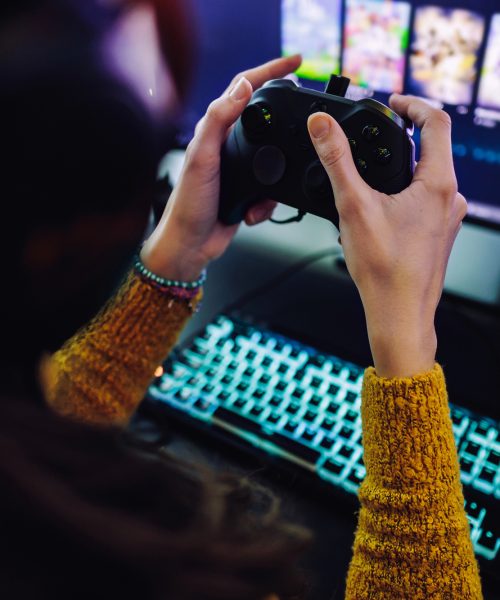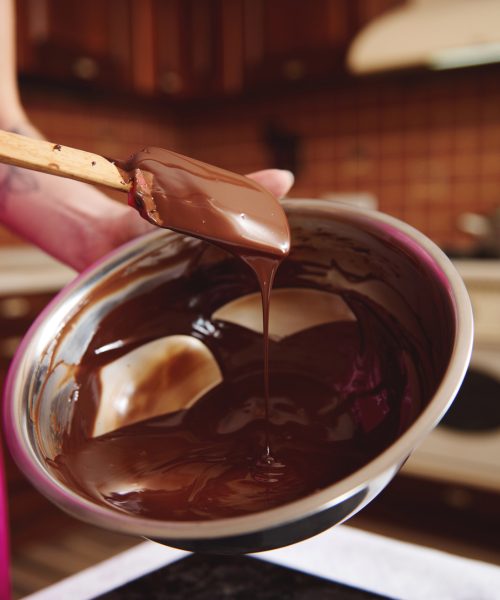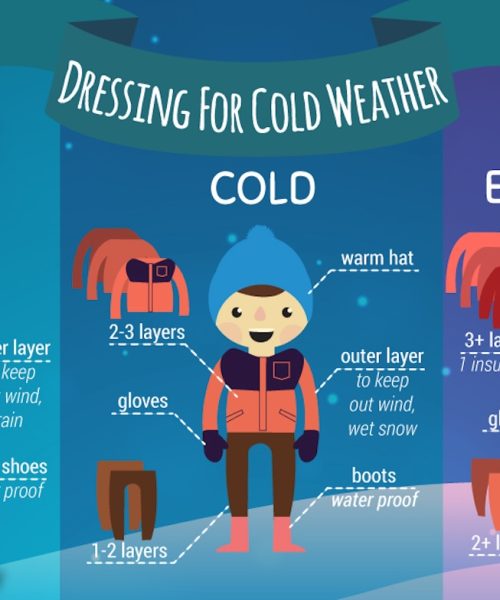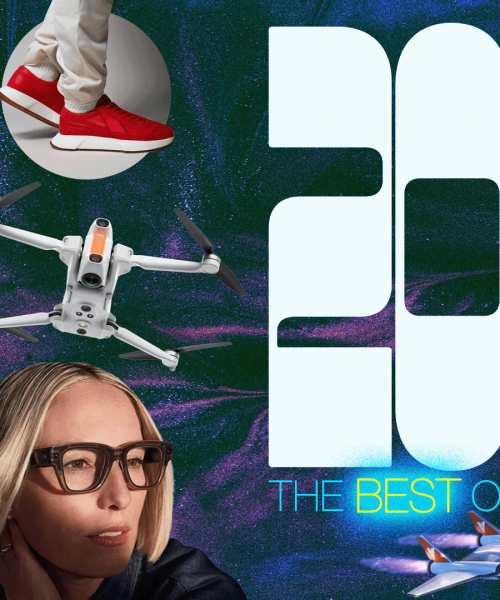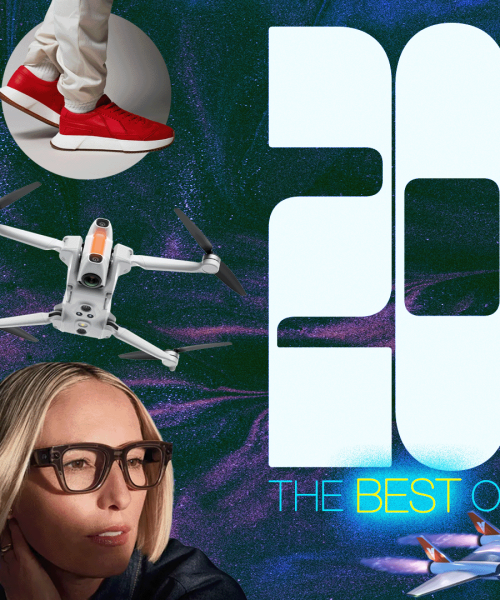The ticking tyranny of 2 a.m. after you climbed into bed–responsibly–at 11. We all know it. As the minutes go by, all you can think about is the importance of good sleep for function, mood, and productivity. What’s worse, the big white letters on your sleep score will read “poor” like a middle school quiz. And while health-tracking devices have helped many gain insight into their bodies, hyperfixation on sleep metrics can backfire.
What is orthosomnia?
Since the Fitbit arrived on the market in 2009, consumer tech has released countless devices that allow us to track our sleep at home. Wearables (like watches and rings) and nearables (like mats and hubs) are everywhere, and gone are the days when sleep tracking was siloed to clinics. According to the American Academy of Sleep Medicine, more than one-third of Americans have used devices to chronicle their shuteye.
All of that data about our snoozing selves has introduced a new concern: the obsession with attaining perfect sleep, a condition experts call orthosomnia. The modern phenomenon is also a brutal paradox. Due to the very nature of sleep, fixation on it can actually make it harder to get. For many people, “as soon as you start pursuing perfect sleep, it negatively impacts your sleep quality,” sleep researcher and former sleep coach Drew Copeland tells Popular Science.
Orthosomnia was first identified in 2017 by researchers who noticed patients coming in anxiety-ridden about their sleep-tracker data. Dr. Kelly Glazer Baron, a psychologist, director of the behavioral sleep medicine lab at the University of Utah and a researcher in the pioneering study, sees people’s anxiety about their sleep have a snowball effect. She tells Popular Science it often causes them to do things that make their sleep worse, like spending more time in bed than they should, a common Hail Mary for struggling sleepers that experts advise against.
Hyperfixation on getting a good night’s rest can ignite a tortuous loop. Stress about sleep causes activation in the body, which then keeps you awake longer. The deluge of new devices in the last decade has fed a steady stream of data-tormented patients in Baron’s clinic.
“I have people coming in every week that shove a phone in my face and say, ‘I’m not getting enough REM sleep,’” she says.
[ Related: For better sleep, borrow the bedtime routine of a toddler. ]
Measuring expectations and ‘sleep stages’
Average consumers studying their sleep metrics often don’t understand what they’re looking at compared to what their bodies actually need.
“Half of your sleep in the night is supposed to be light sleep,” Baron says. It’s also normal to have some awakenings. Sleep is not a coma, it’s not supposed to be a solid block of unconsciousness.
Furthermore, many users simply put too much stock in their morning reports. While consumer sleep-tracking technology has made huge strides since Baron’s initial paper, experts agree that these devices are not yet great at detecting details beyond when you’re asleep, when you’re awake, and your heart rate. The more abstract metrics are not reliable.
“The ‘score,’ the ‘recovery’ are mostly nonsense. It’s horoscopes,” Dr. Michael Grandner, psychologist and director of the Sleep and Health Research Program at the University of Arizona, tells Popular Science.
Grandner also warns against believing devices’ sleep stage metrics.
“[Sleep stages] can only be scored visually by a human,” Grandner says. “There are lots of AI programs, but no one trusts them, because it’s totally subjective.”
Sleep stages were invented by researchers in the 1930s to refer to signatures of synchronicity in the sleeping brain as seen through brain wave measurements. Even almost a century later, experts don’t have the technology to see the actual neurons firing, which is why two technicians may interpret the stages slightly differently from one another.
Grandner says consumer devices are even messier. What’s more, sleep stages are less important than people think. Sleep trackers are best used as snapshots of when you are awake and asleep, a companionate tool alongside how you actually feel.
“I would never initiate treatment based on somebody’s data from their device,” Baron says. “Treatment for insomnia is based on people’s subjective experience of their sleep.”
How to handle sleep problems
Copeland says that if you think you might have a problem with your sleep, talk to a specialist, either in-person or online. There are therapies, like CBT-I, that are helpful. If you think that you may be overly focused on your sleep data, take a break from tracking.
Copeland wears an Oura Ring on his right hand and likes that it shows him a bird’s-eye-view of his time asleep over weeks and months. He finds that it also helps boost self-compassion on days after a bad night’s sleep.
“Sleep is, just by its very nature, something that you have to relax into,” says Copeland. “Lying in bed thinking, I need to maximize this score, just adds pressure. Sleep should be restful, not a competition.”
[ Related: How to fix your sleep schedule without pulling an all-nighter. ]
Baron uses her sleep-tracking device similarly, saying she hasn’t changed her behavior based on the data.
On his podcast, neuroscientist Dr. Matthew Walker says that the best thing you can do the day after a bad night’s sleep is nothing different from what’s usual for you. Don’t go to bed at 6 p.m., or nap during lunch. Consistency and a calm approach are the best ways to ensure your circadian rhythms do what they’re meant to.
While sleep is vital, it’s not something people should feel the need to micromanage. Like breathing, it’s a passive biological process. “Anyone who has a pet knows that mammals don’t worry about sleep,” says Grandner. It’s important to remember that human evolution figured this out a long time ago. The body already knows what to do.
“It gets taken care of,” Grandner says. “It’s a solved problem. We are trying to find a solution to a solved problem.”
